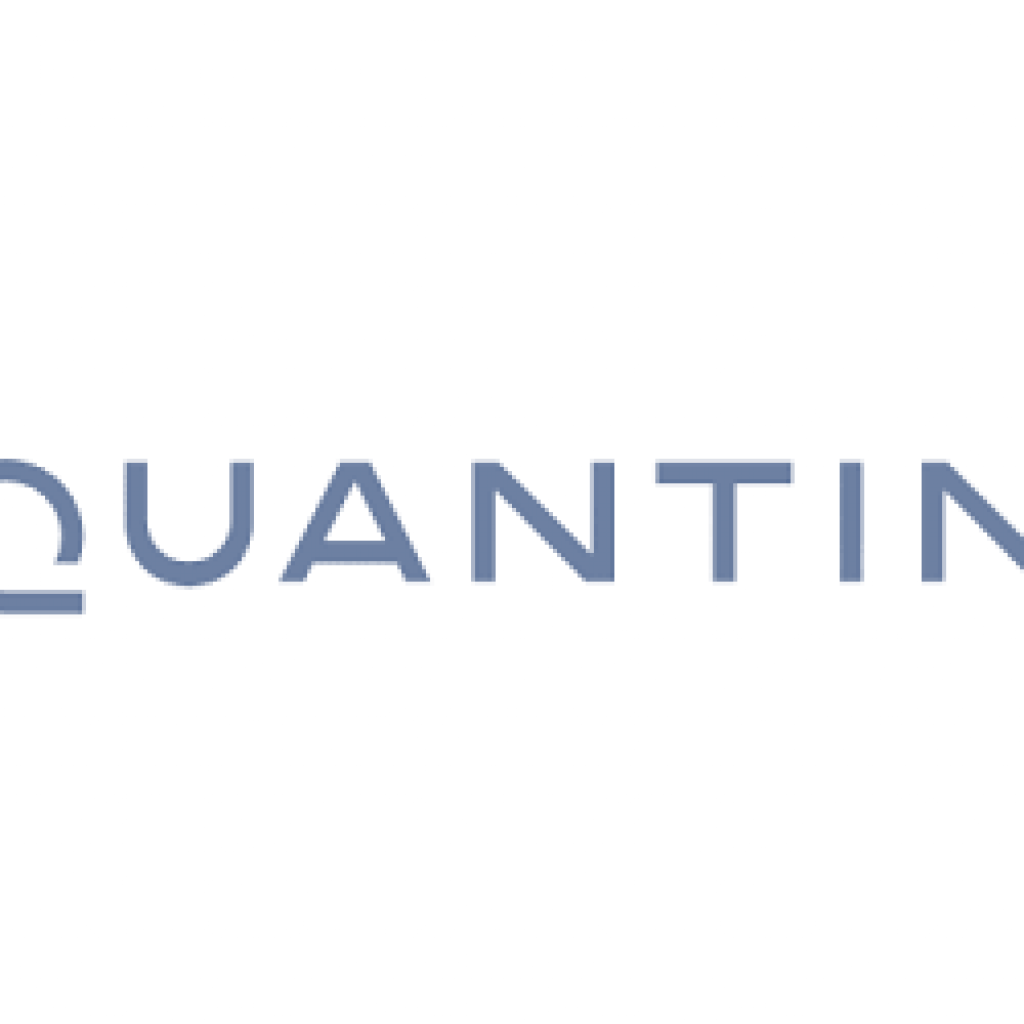State preparation and measurement (SPAM) errors is a widely recognized, industry-standard tool for measuring accuracy in quantum computing, and the sector might be seeing a bit of a SPAM war develop after two companies last week claimed records for quantum computing fidelity within hours of one another.
Quantinuum late Thursday last week said it had achieved 99.9904% accuracy in a quantum computing test using non-radioactive barium-137 ions. This claim came just a few hours after IonQ separately said, as reported by IQT News last Friday, that it had used barium-based ions to achieve “an industry-leading 99.96%” accuracy in its own SPAM effort, equivalent to four errors per 10,000 computations.
Both companies noted the use of barium-based ions, which are less expensive and easier to work with and measure than ytterbium ions used in quantum computing.
As the quantum computing industry continues to work on improving error reduction and computing accuracy, SPAM records are worth boasting about. So, it should come as no surprise that a couple of people affiliated with Quantinuum took time on Twitter to tweak IonQ about the close timing of the two claims. But the important thing is that both of these announcements show how much progress the industry is making and how quickly.
As Quantinuum said in its press release, “Improving SPAM fidelity helps reduce errors that accumulate in today’s “noisy” quantum machines, which is critical for moving to “fault tolerant” systems that prevent errors from cascading through a system and corrupting circuits.
Tony Uttley, Quantinuum president and chief operating officer at Quantinuum, added, “This is a major step forward for the Quantinuum team and our high-performing trapped-ion quantum hardware. The advancement of the quantum computing industry as a whole is going to come from lots of individual technological achievements like this one, paving the way for future fault-tolerant systems.”
